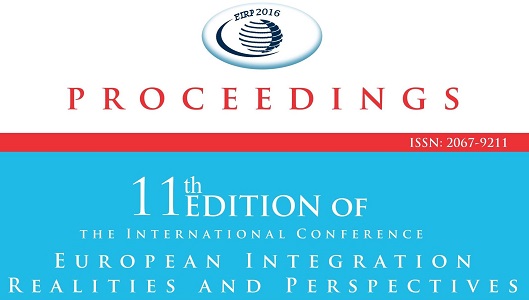The Difference between the Offenses of
Deceiving and other Offenses with Fraudulent Feature
The Difference between the Offenses of
Deceiving and other Offenses with Fraudulent Feature
Author(s): Monica Pocora
Subject(s): Law, Constitution, Jurisprudence
Published by: Editura Universitară Danubius
Keywords: act of manipulation; data processing; illegal transfer of property
Summary/Abstract: Frequently in the judicial practice but also in the doctrine there have been difficulties in delimiting the computer offense from the deceiving offense. Often this relationship was interpreted in the sense that it was about two competing offenses affecting different social values - namely those of patrimonial type and those referring to normal operation of information systems. The doctrine observes that with the technological revolution, the opportunities to commit crimes against patrimony have multiplied. Goods that are represented or taken from information systems (electronic funds, deposits, etc.) have become targets of manipulation, as the traditional forms of property. Such offenses usually are done by entering incorrect data into a system through manipulation programs or other interference during processing. This article aims at incriminating any act of free handling as in data processing with the intention to operate an illegal transfer of property. Such offenses are usually achieved by entering incorrect data into a system through manipulation of programs or other interference during processing data. This article aims at incriminating any act of manipulation without the right in the data processing with the intention of operating an illegal transfer of property. (Dobrinoiu, etal., 2012)
Book: European Integration - Realities and Perspectives Proceedings
- Page Range: 93-98
- Page Count: 6
- Publication Year: 2016
- Language: English
- Content File-PDF

